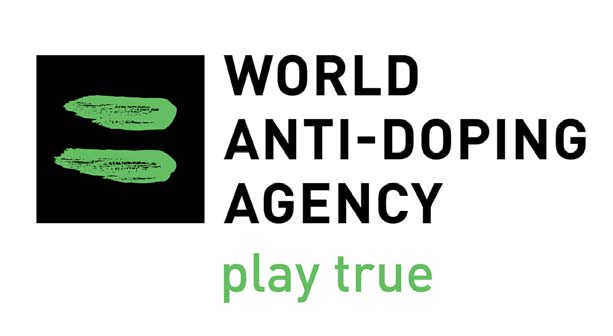
People tend to not know a lot about the performance enhancing drugs of Stimulants. Stimulants have most commonly been used illegally by runners, cyclists, and other such athletes since the 1930s. They use these drugs because they can increase aggression and competitiveness as well as reduce tiredness and fatigue.
Some negatives associated with stimulants are they may cause harmful health effects such as high blood pressure, changes in heart rhythm, anxiety, and they can be addicting.
A few stimulants banned by the International Olympic Committee are; amphetamines and ephedrine. Caffeine used to be a banned stimulant, however it was removed in 2004. Many substances often found in cold medications are also banned.
Source




